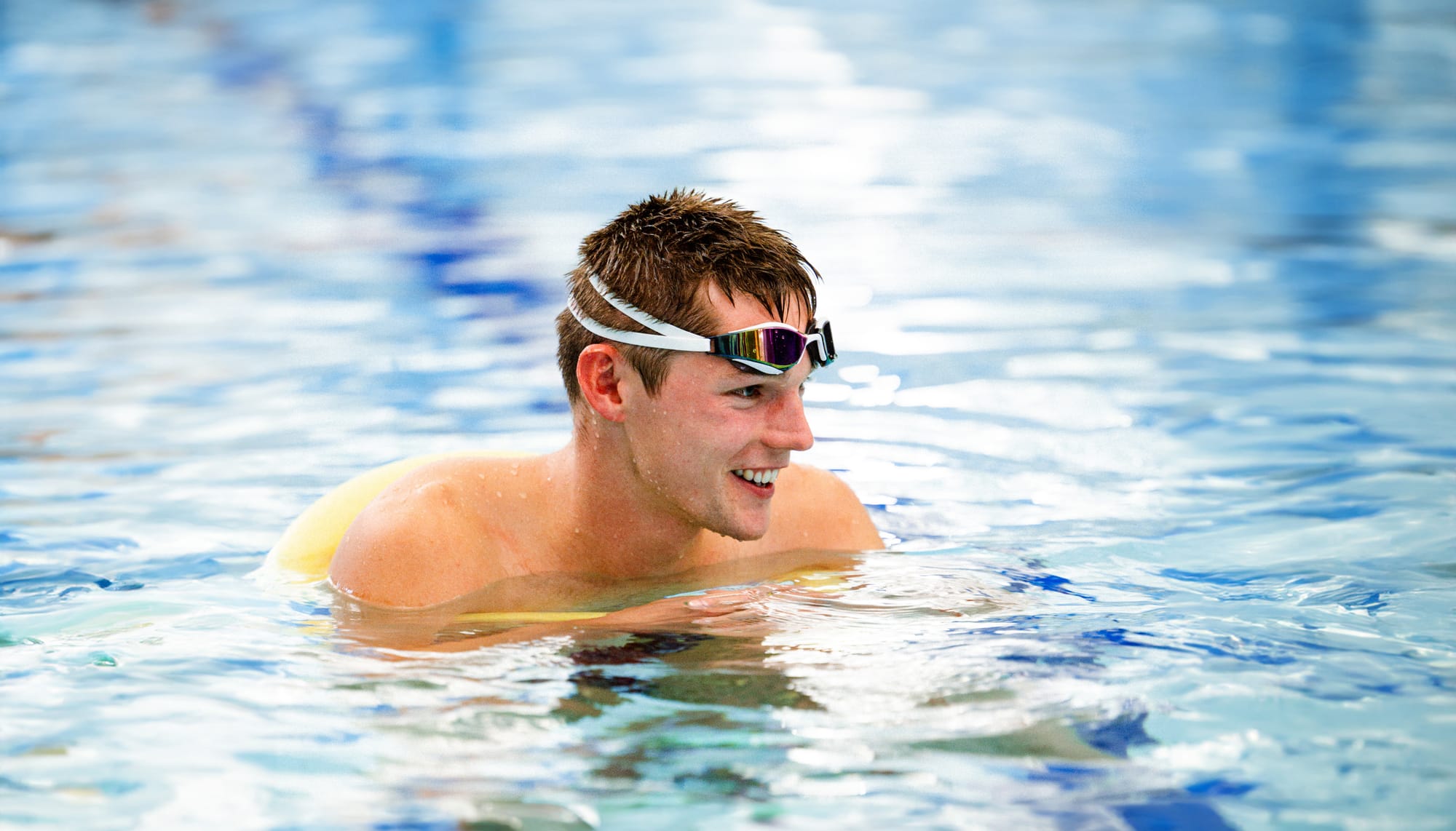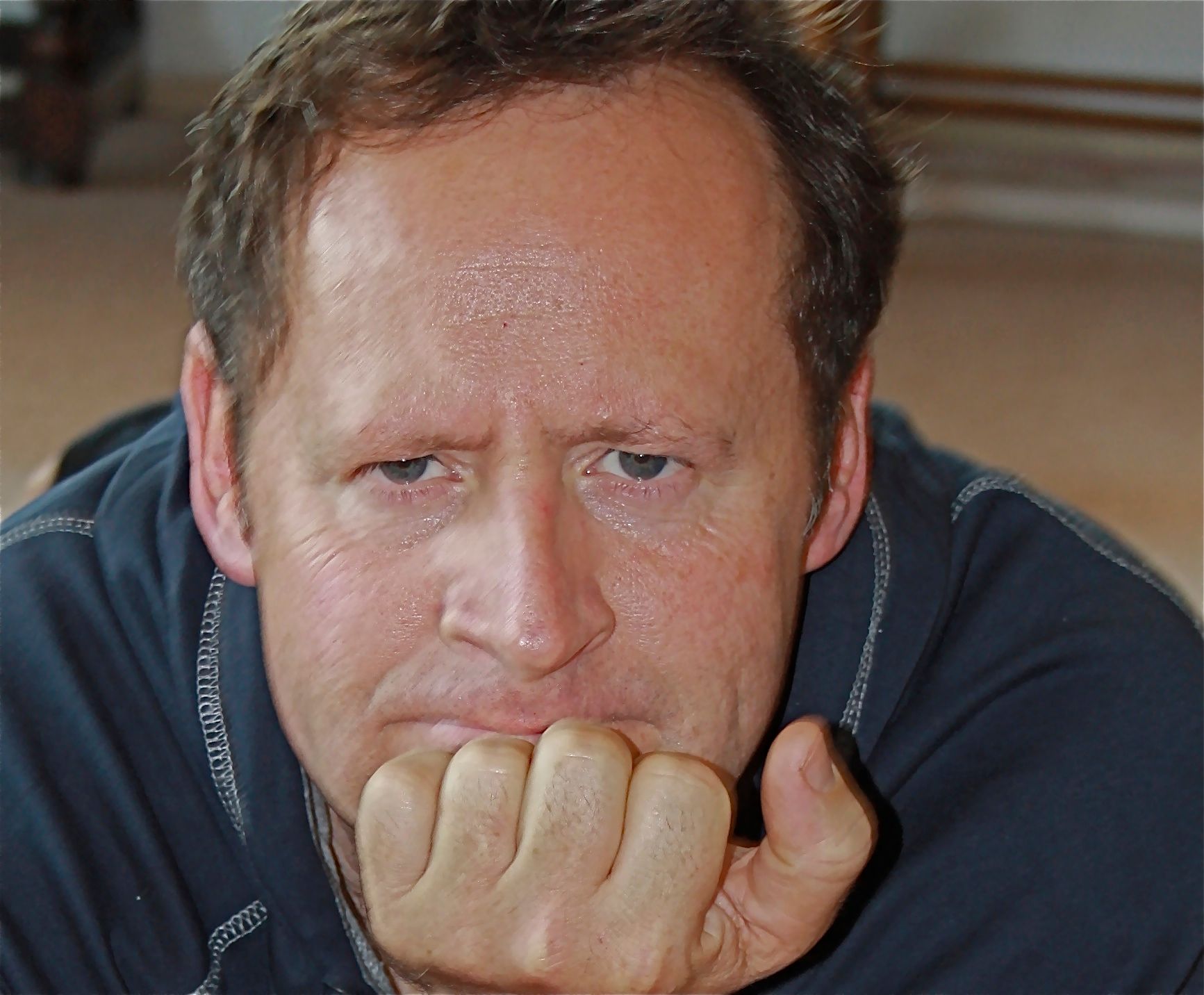Scott Wants School Swimming For Every Scottish Child As 'Lasting Legacy' Of 2026 Home Commonwealths
“Swimming is a life skill. I didn’t learn to swim to be an Olympic champion. My parents sent me to swimming lessons to be safe in, on & around water. That’s crucial for every child. School swimming is the only way to ensure all children have access to water safety skills & knowledge" - Duncan Scott
Scotland's Duncan Scott has issued a stark warning to politicians and policy makers in Scotland: invest in School Swimming or risk more drownings.
One of the four British 4x200m free aces to have claimed Olympic gold twice as members of the first "same-four" quartet in Games history to have retained any relay crown in the pool all the way back to 1896, Scott kept it simple as he echoed the main argument filling the ears of politicians for far too many years now:
"Swimming saves lives. Yes, swimming is a sport but first and foremost it is a life skill. It is time for the Scottish Government to recognise this and invest in school swimming for the safety and health of our children."
Scott, who recently welcomed Britain teammate and fellow 200m free ace Tom Dean, Olympic 200m free champion just 0.04sec ahead of Scott at Tokyo 2021 and fellow 4x200m champion at the past two Games, as a new training partner at the University of Stirling's excellence centre - repeated those word at a Learn to Swim event in Aberdeen.
With 8 Olympic medals - 2 gold, 6 silver - to his name, Scott is an ambassador for children learning to swim but it is becoming a real challenge with school swimming a postcode lottery in Scotland, the nation's swimming regulator, Scottish Swimming, says.
Now, Scott has urged ministers to use the home Commonwealth Games as a launch pad to saving lives by supporting calls for every child to be taught to swim. Scotland's top swimmer says:
“Swimming is a life skill. I didn’t learn to swim to become an Olympic champion. My parents sent me to swimming lessons to be safe in, on and around water. That’s crucial for every child and school swimming is the only way to ensure all children have access to water safety skills and knowledge.
The Commonwealth Games is in Glasgow next year and what I really want to see is school swimming rolled out to every corner of Scotland – that would be a lasting legacy from a Home Games and have real impact for every child across the country.”
Scottish Swimming have been advocating for school swimming to be rolled out across Scotland for the last year. In a statement it also notes the following:
Their ‘shovel ready’ National Primary School Swimming Framework, already piloted in 10 local authorities, is set for nationwide implementation. We just need the investment.
Sport is good for you – this is well documented but few sports have a direct life saving element. Investing in school swimming is not a sport matter, it’s a safety decision. As an island nation, water safety knowledge and basic swimming skills are critical. Our drowning statistics are worse than any other nation in the UK and our unique geography means that water is never far away. One drowning is one too many and ROSPA estimate the cost of a drowning to be around £1.7 million.
The roll out of school swimming costs £6 million. This is not a tall ask in comparison to other government spends, especially when the benefits are life changing and life saving. How many children need to drown before the Scottish Government take note?
Learning to Swim is not affordable for every child. The cost of swimming lessons has gone up in real terms by 53% in the last 5 years. School swimming is therefore the only way to ensure fair and equal access to basic swimming for every child. Water safety is at the heart of Scottish Swimming’s National Primary School Swimming Framework.
Due to the limited contact time for school swimming, it is essential that in-pool time is maximised, therefore the focus is on ensuring children know how to be safe in water and learn the core water safety skills they need.
The great thing about the Framework is its flexibility with different models available to suit various local authority requirements such as rural programmes or targeted approaches.
School swimming is not a statutory requirement in Scotland as it is in England. In Scotland we simply do not know how many children can pass a Basic Water Competency test, however we know in some areas this is decreasing. That’s why investment in school swimming is desperately needed to ensure water safety standards increase.
The time to invest is now for the benefit of current and future generations. Without school swimming we risk a generation of non-swimmers and the terrifying consequences that go along with this.





